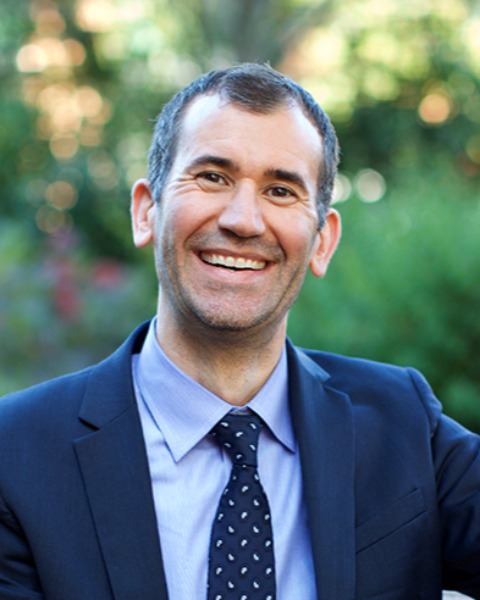Back
Introduction: Patients with recurrent non-muscle-invasive bladder cancer weigh the risk of cancer progression and loss of a window of potential cure with medical therapy against the risk of morbidity and loss of quality of life (QOL) with radical cystectomy. The pragmatic CISTO Study (NCT03933826) includes the collection of patient-reported outcomes to help future patients make this treatment decision.
Methods: 572 patients will be enrolled and complete baseline and follow up surveys quarterly for up to 4 years. Centralized collection of follow-up surveys utilizes several modalities for contacting participants (email, mail, phone, text) as well as completing the survey (online, paper). Baseline and follow up surveys assess QOL and physical functioning (EORTC QLQ-C30), urinary, sexual, and bowel function (Bladder Cancer Index, BCI), financial distress (Comprehensive Score for Financial Toxicity, COST), anxiety and depression (PROMIS), and generic QOL (EQ5D). Follow up surveys also assess healthcare utilization and decision regret.
Results: 337 participants have been enrolled. The completion rate for the primary endpoint of QOL at 12 months is 93%. Among returned surveys, the overall rate of missingness at baseline and 12-months was low ( <5%) and there was no evidence of survey fatigue. The BCI had the highest missingness rate (4% and 7%, respectively). The 10 items with the most missingness were in the BCI sexual function domain (8-13% and 11-18%, respectively).
Conclusions: Based on the high rate of survey completion, the CISTO Study will be powered to compare outcomes across a variety of domains, including QOL, urinary function, and anxiety. The missingness of questions relating to sexual function makes it unlikely that this study will yield valid and generalizable results in this specific domain. This, in combination with anecdotal evidence that participants find these questions upsetting, even when optional, and confusing, as there is no place to indicate that the questions do not apply if they are not sexually active, highlights the difficulty in researching this intensely personal outcome. SOURCE OF
Funding: Research reported in this work was funded through a Patient-Centered Outcomes Research Institute (PCORI) Award (PCS-2017C3-9380).

Moderated Poster Session
Session: MP08: Bladder Cancer: Non-invasive I
MP08-16: Comparison of Intravesical Therapy and Surgery as Treatment Options for Recurrent Bladder Cancer (CISTO): Collection of Patient-Reported Outcomes
Friday, April 28, 2023
9:30 AM – 11:30 AM CST
Location: S403

John Lawrence Gore, MD,MS
University of Washington
Poster Presenter(s)
Introduction: Patients with recurrent non-muscle-invasive bladder cancer weigh the risk of cancer progression and loss of a window of potential cure with medical therapy against the risk of morbidity and loss of quality of life (QOL) with radical cystectomy. The pragmatic CISTO Study (NCT03933826) includes the collection of patient-reported outcomes to help future patients make this treatment decision.
Methods: 572 patients will be enrolled and complete baseline and follow up surveys quarterly for up to 4 years. Centralized collection of follow-up surveys utilizes several modalities for contacting participants (email, mail, phone, text) as well as completing the survey (online, paper). Baseline and follow up surveys assess QOL and physical functioning (EORTC QLQ-C30), urinary, sexual, and bowel function (Bladder Cancer Index, BCI), financial distress (Comprehensive Score for Financial Toxicity, COST), anxiety and depression (PROMIS), and generic QOL (EQ5D). Follow up surveys also assess healthcare utilization and decision regret.
Results: 337 participants have been enrolled. The completion rate for the primary endpoint of QOL at 12 months is 93%. Among returned surveys, the overall rate of missingness at baseline and 12-months was low ( <5%) and there was no evidence of survey fatigue. The BCI had the highest missingness rate (4% and 7%, respectively). The 10 items with the most missingness were in the BCI sexual function domain (8-13% and 11-18%, respectively).
Conclusions: Based on the high rate of survey completion, the CISTO Study will be powered to compare outcomes across a variety of domains, including QOL, urinary function, and anxiety. The missingness of questions relating to sexual function makes it unlikely that this study will yield valid and generalizable results in this specific domain. This, in combination with anecdotal evidence that participants find these questions upsetting, even when optional, and confusing, as there is no place to indicate that the questions do not apply if they are not sexually active, highlights the difficulty in researching this intensely personal outcome. SOURCE OF
Funding: Research reported in this work was funded through a Patient-Centered Outcomes Research Institute (PCORI) Award (PCS-2017C3-9380).

